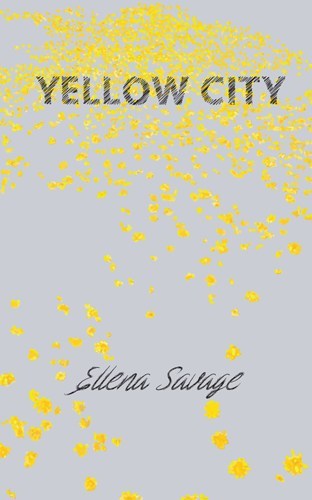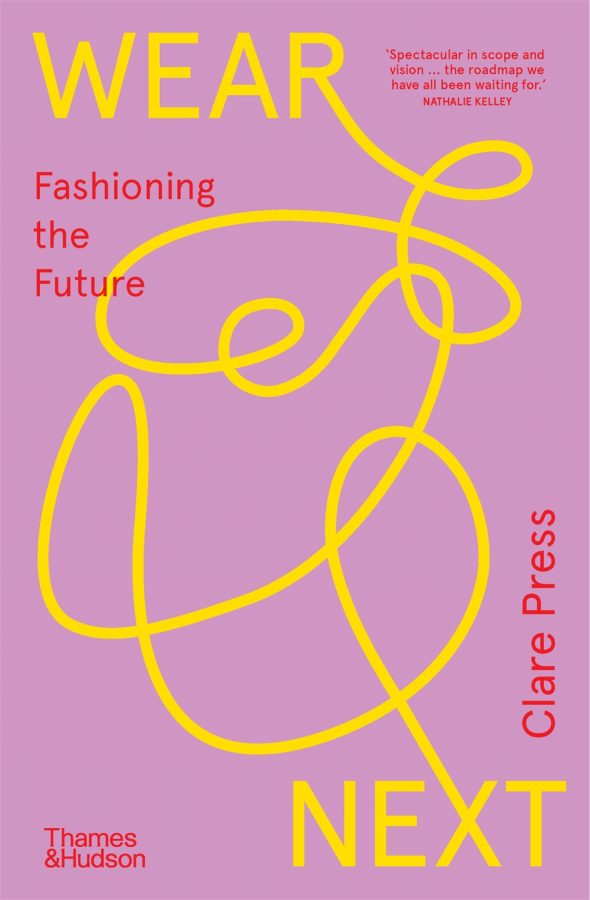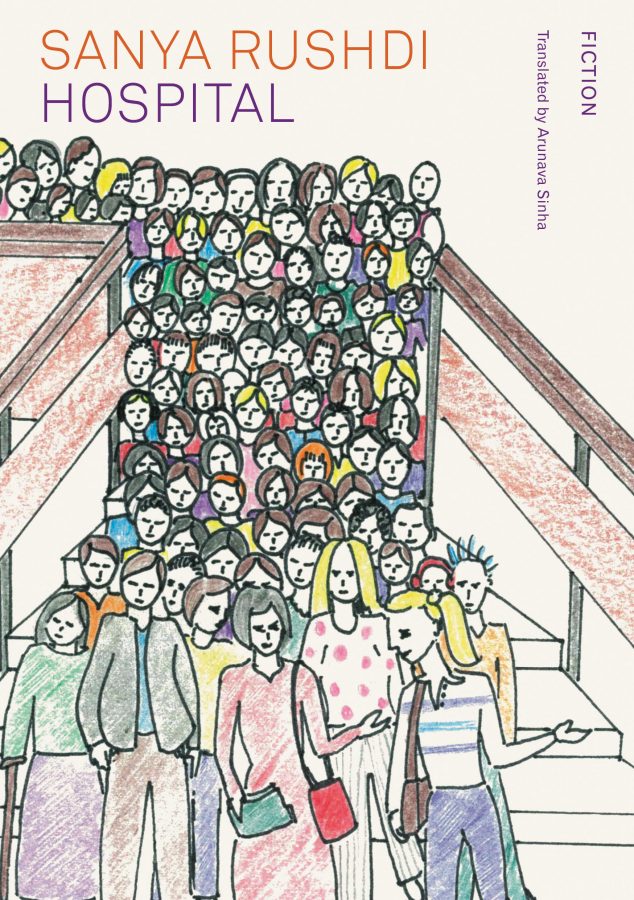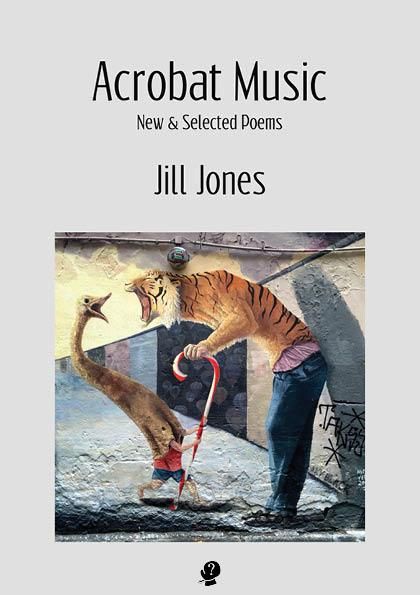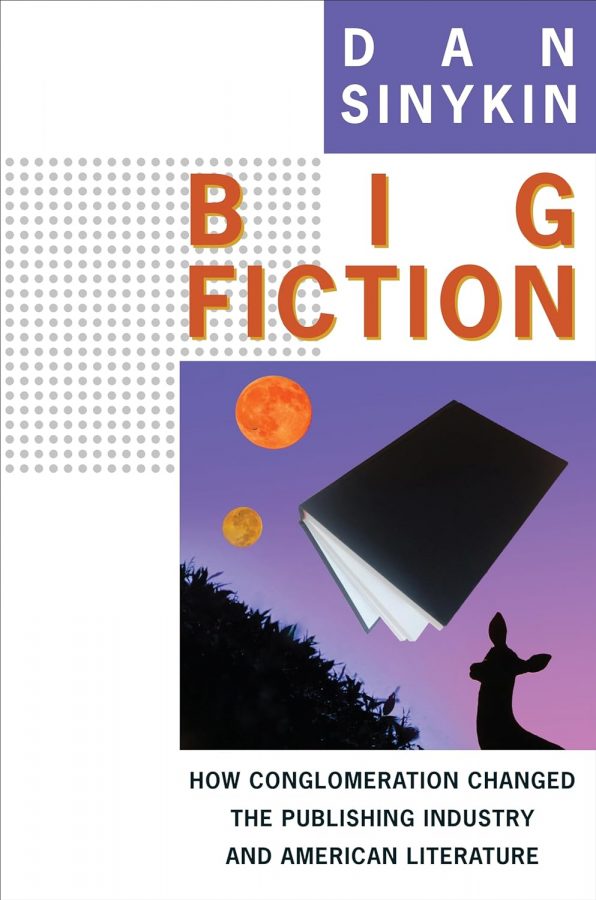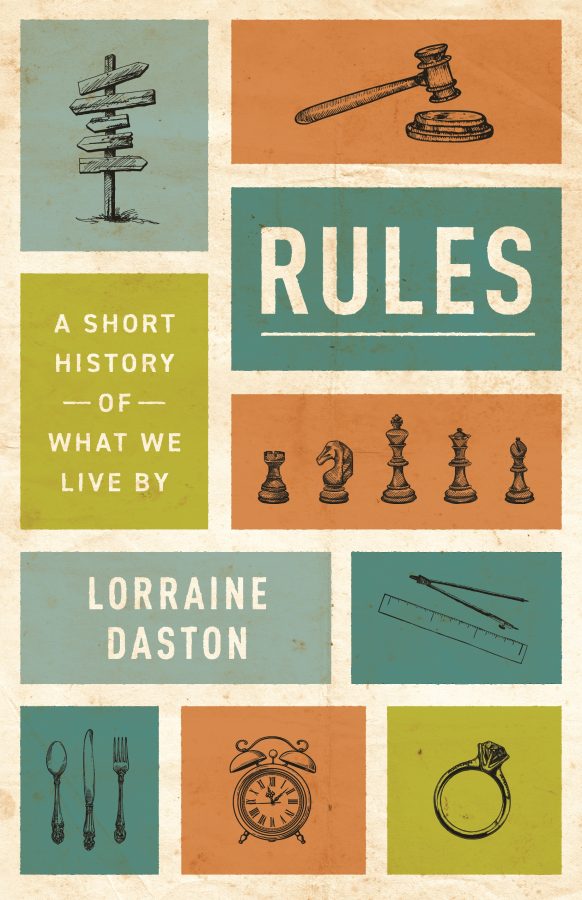Over the past few weeks the universe has seemed intent on reminding me of my corporeal vulnerability. On a Sunday afternoon I wrenched myself from my desk and cycled along Rathdowne Street in the intemperate autumn sun. The leafy boulevard always stimulates my nostalgia glands, conjuring memories of a time when students could afford to live in North Carlton, memories of a younger self who believed that studying journalism would afford her a future where, by the time she was thirty, she’d own an apartment and know her purpose. Perhaps she could’ve been friends with the budding law student Ellena Savage describes in Yellow City who feels entitled, significant, not yet knowing that these things don’t come.
I was wrenched from reverie when a woman driving an SUV turned from a side street without looking. Suddenly I was screaming and an oversized fender was striking my front tyre and, somehow, both vehicles were skidding to a halt unscathed. For my body, the near miss was irrelevant. My flesh had already flooded with confirmation of my precarious existence, with memories of a less lucky time when I sat on the curb repeatedly apologising to kindly neighbours because I was haemorrhaging all over myself, while the man with whom I’d almost collided yelled and swore. Apparently my bleeding body was an affront to him.
That Sunday I placated the SUV woman so I could have a panic attack in peace, my mind whorling with broken bone memories and jeering refrains: this trauma is lurking inside you, it said, no matter how much you’ve told yourself that you are the kind of woman who’ll get straight back on her bike. While I should have been listening to this inner monologue which, despite its patronizing timbre, was trying to protect me from my mortality, I found another voice intruding. It was Ellena Savage again, talking about Princess Diana: ‘Lady Die,’ she writes, ‘who gave us the flesh knowledge of violent death.’
Were these hurts my own? Or had I simply repressed the girlhood lesson that the world loves their princess even better when her perfect face is being scraped off a Parisian road in the dark night?
It disturbs me how often Ellena Savage’s words reverberate in my head: during my weekly crisis regarding my pecuniary doom, when I worry about the sacrifices that must be made to create art, when I tell myself stories about the inheritances of class and familial disappointment to protect myself from threats more psychical than physical. Now I can confirm that Ellena Savage also whispers to me when the very integrity of my body is at stake.
A week later I saw a young woman who’d been flung from her bike, the white moon of her blank face lit up by the flashing lights of other cyclists who’d stopped to gently rest her head on the gutter, forming a guard while they waited for an ambulance to come. When her face kept flashing into my head for days afterwards, I tried to pretend it was my preternatural empathy, but really I knew that it was a simple act of transference. I wanted to know if she was okay, because I wanted to know that I would be okay. I felt like that reading Yellow City, too, even though I thought I knew how the story ended in the world beyond the page.
There’s that pesky Ellena Savage again. She writes:
Sometimes I think it’s possible to live with anything. That we’re wired to survive-survive-survive, grip onto the gnarliest thread until life is pried from our bones. Other times I think it’s not possible to live at all. Not at all.
Here Savage takes Lisbon’s spiralling cobbled streets and reveals that the yellow brick road is a maze. That when a girl walks the labyrinth she’s not bestowed the physical strength to slay the monster or even the means to buy herself a golden thread to find her way home. If she’s lucky enough to beg and claw and sob her way out of destruction, there isn’t a princess who waits for her outside but rather the impossibility of the story that’s left behind.
An ‘almost-rape’. A not-quite-death. An attempt. The fractured loops of memories at once scrambled and galvanised by crisis, the inadequacy of the feminine voice when it tries to articulate its suffering in the phallocentric language of the law. How do we tell these half-stories, these near misses, to each other and to the selves we become as a result? Savage may write that she’s not in the habit of living by Freud, but he also told us that the repressed always returns.
Ellena Savage’s writing seduces with the masquerade of the conversational, drawing you into the muck of everyday life before unmasking the binds, political and otherwise, our lives are embedded within. And yet in Yellow City conversational language soon becomes impossible, because this half-story can only be told in fragments. Savage takes the questions which we make our students of life writing rehash again and again – the fallibility of memory, the ethics of telling other people’s stories, the fakery of catharsis – and obliterates them at the level of the sentence.
Savage knows intrinsically that the self of memoir or personal essay is never singular, fixed and stable. In Yellow City we get many selves jostling to be heard, needling and interrogating and undermining one other. There’s the girl who hopes her fur-collared coats and charming hats act like neon signs hawking an interesting person who is worth knowing, a person who takes pleasure in a self-image of adaptability and resilience; there’s the writer returning to the site of her trauma, unsure whether she’s trying to exploit her pain or close the door on it; there’s the authors and philosophers she reads to parse – or perhaps distract from – the world; there’s the infinite regress of might-have-beens, where in parallel universes exists the girl who kissed the wavy-haired woman instead or the girl who became a lawyer and lived a safe, comfortable life or the girl who was dismembered and buried near the bank of the Tagus.
The monster at the centre of the labyrinth is similarly hydra-headed: the good pilgrims who burned knowing women at the stake; the white, rich business students who nobody would suspect; the Prince Charming who rescues you in his car; the cop who takes your statement; the family friend of a friend who wants to be the kind of grown-up woman that young people think is interesting and worth knowing. The monster is nobody at all.
At one point in Yellow City Savage takes grey area and makes it into a verb, which I think is a good metaphor for her writing. That Savage squeezes into the crawl space between doubt and uncertainty where the question remains unformed. There lie impossible answers: that perhaps we shall never be safe or understood or whole. That writing too may only ever be an attempt.
I once said to Ellena Savage that I admired how whatever she reads finds its way into her prose. I’m pretty sure she thought I was negging her, but I said it with the greatest envy. I wasn’t trying to say she was a sponge, soaking up the messes that other writers leave behind, but rather that her writing is always expanding, voracious, never complacent. As Maggie Nelson would say, Ellena Savage knows what it means to think with others, and more than that, Savage writes with them. Where the male genius sees influence as a shame to be buried deep, Savage weaves her intellectual communions into the body of her writing, proving that genius doesn’t come from divine inspiration but rather arises from confronting that which shapes her. In Yellow City, we see how ugly those influences may sometimes be.
This is an edited version of a speech given at the launch of Yellow City at The Alderman in Melbourne on 31 May 2019.
